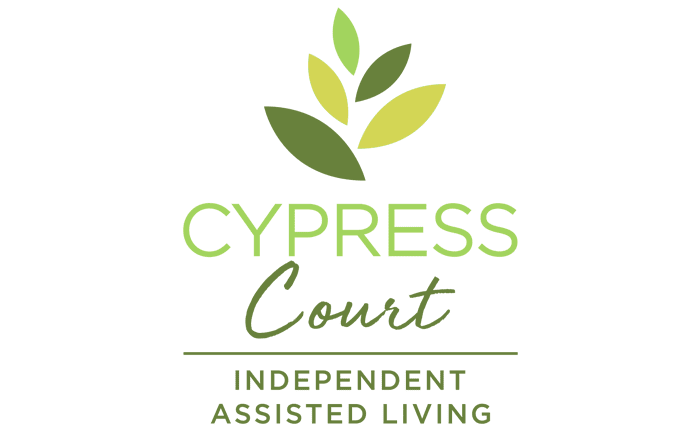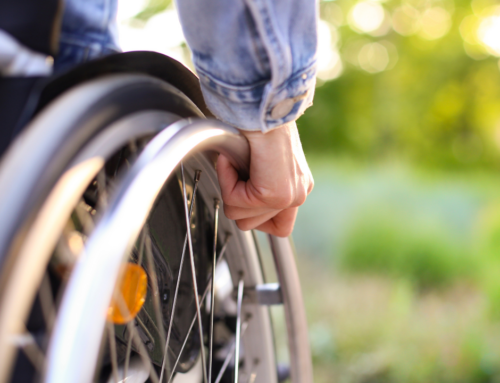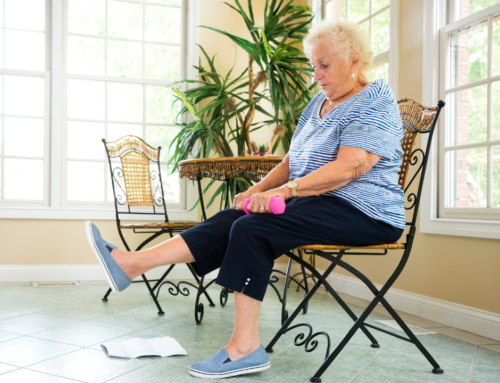At one time, North Carolina families spent their entire lives living within a few miles of one another, so it was reasonably easy for relatives to ensure the well-being of aging loved ones. But, the picture has changed. According to The Journal of Gerontological Social Work, approximately five to seven million Americans currently provide some assistance to seniors from a distance.
However, most families still gather during the holidays, which gives younger members the ideal opportunity to assess senior family members’ well-being. During visits, relatives can look for signs that let them know the elderly are either doing well or need some level of assistance. Depending on the situation, there are specific actions that families can take to ensure loved ones stay safe and healthy.
An ADL Assessment Is Crucial
A quick and effective way to determine seniors’ welfare is to perform an ADL assessment. The assessment is a tool that gives relatives an accurate idea of how well aging family members can perform activities of daily living.
The index includes two parts: an ADL that measures the ability to perform essential functions and an IADL used to assess activities necessary for independent living. Red flags during these evaluations can indicate that seniors would do better in assisted living communities.
Essential ADLs to evaluate are:
- Eating
- Toileting
- Grooming
- Dressing
- Transferring and mobility
North Carolina families can use the IADL scale to help determine an aging member’s level of independence by assessing their ability to:
- Communicate
- Shop
- Prepare meals
- Manage medication
- Complete household chores
- Maintain their finances
- Manage transportation
How to Identify Trouble Signs
Spotting signs that seniors need help is not always straightforward, even with professional guidelines. Sometimes holiday stress can make some tasks more difficult and cause temporary mood changes. Because family groups are usually only together for a short time during the holidays, it is critical to identify serious, long-term problems.
When it is unclear whether the elderly would benefit from moving to a senior community, family members can look for common indicators of age-related decline. Although it is crucial to keep tabs on seniors’ issues, not all of them require drastic moves. In many cases, a few lifestyle or medication changes can make all the difference. Trouble signs to watch out for include:
Changed Appearance
If an older adult wears the same clothes every day, their clothes are dirty, and they are neglecting personal grooming, something is wrong. They could be depressed, have sleep problems, or suffer from mobility or vision issues. Seniors could also be drinking too much alcohol.
Noticeable weight loss can be another sign of problems. There are many reasons why aging people might lose weight, and it’s essential to look at all of them carefully. According to AgingCare professionals, depression, dementia, and cancer are common causes of weight loss. Low energy levels can also make it difficult for elders to prepare meals, and those who live alone might not think it’s worth the effort.
Medications can suppress the appetite, and aging may affect the way food tastes. Anytime there is noticeable weight loss, relatives should schedule a doctor’s appointment to get a medical and psychological assessment.
Increased Isolation
While some people enjoy more alone time than others, extreme isolation in the elderly can point to a decline in well-being. Look for signs that a relative has disconnected from friends and activities they previously enjoyed. This indicates a lack of a support system, which affects both physical and emotional health.
When the elderly are isolated, and there are other signs that they are not managing well on their own, senior living communities can offer solutions. Residents in communities get the everyday assistance they need and a chance to live a vibrant life with new friends.
But, if an elder is doing well overall, families might consider arranging social activities and transportation for them. Facebook, video chat, online conversations, and frequent calls with family members can also reduce loneliness.
Piles of Mail
According to AARP, indications that the elderly neglect mail and other documents can mean they are no longer mentally or physically able to cope with them. Unpaid bills and stacks of papers can be a sign of mental decline, but not always.
If there is no sign of memory problems or other issues, the answer may be as simple as helping seniors get their business matters in order and creating a more organized system. The issue could be temporary, especially if an elder is dealing with many health issues. Family members may want to take over some tasks, such as paying bills or consider hiring a financial manager.
Today, family members often live far apart, making it difficult for younger generations to monitor older relatives’ well-being. However, most families gather during the holidays, giving relatives a chance to evaluate their elders’ mental, emotional, and physical health. It’s a chance to resolve temporary problems or decide to move the elderly family members into senior communities where they get needed support and socialization.
Heritage Woods is a senior living community located on beautiful grounds in Winston-Salem, North Carolina. Residents enjoy a vibrant lifestyle that includes a wide range of enriching indoor and outdoor activities.






